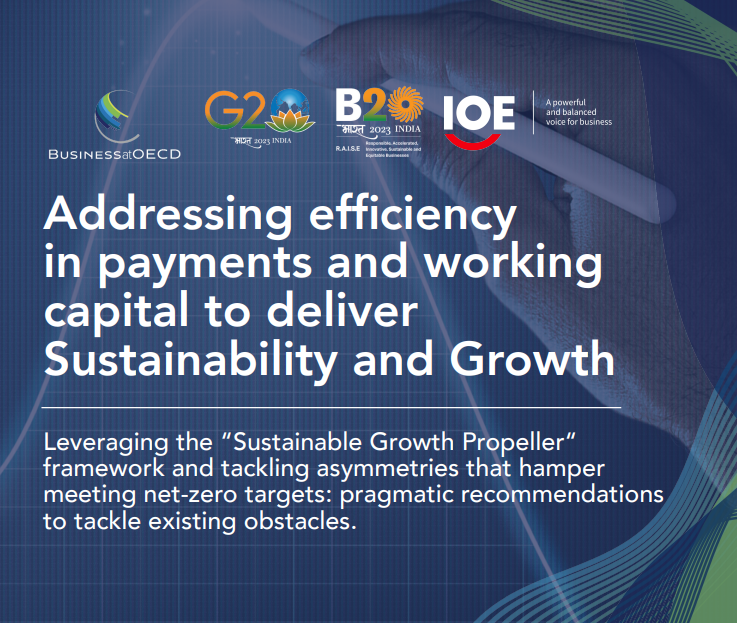When the Central Bank of Nigeria (CBN) introduced the cash-less policy in January 2012, it was kicked off in Lagos, the country’s commercial hub, with a promise to extend it to other parts of the country by July 1, pending a successful flagship roll out.
The apex bank was clear about the advantages of the innovative policy, which it said included driving development and modernization of the country’s payment system in line with its vision 2020 goal of mingling among the top 20 economies by the year 2020. The CBN also said it would reduce the cost of banking services and drive financial inclusion as well as improve the effectiveness of monetary policy in managing inflation. This is all intended to foster economic growth.














